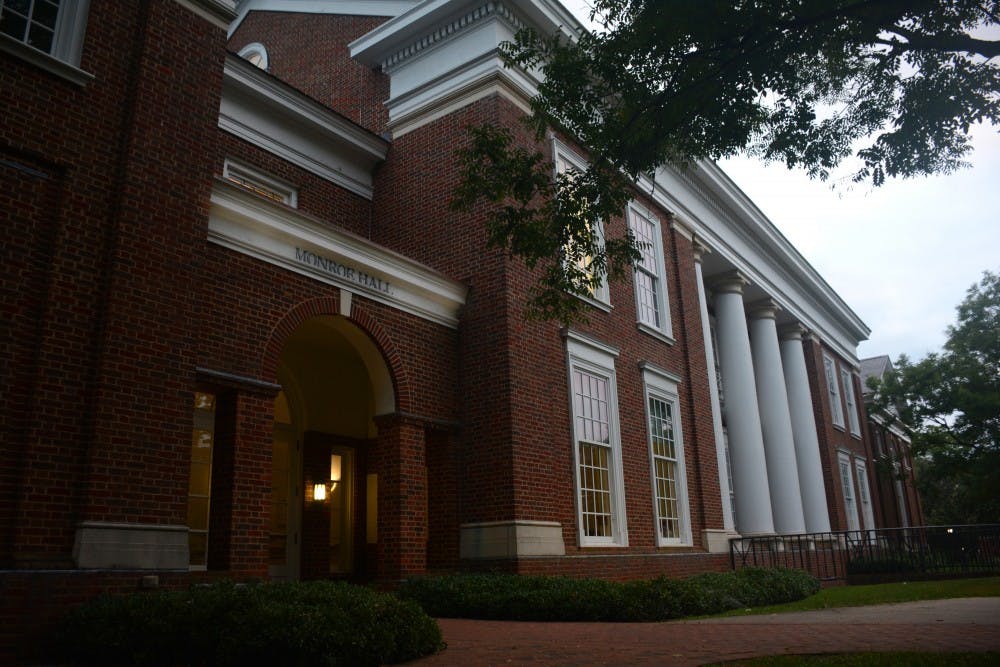Lea en español
The pandemic awakened social and performative action in the past two years, as conversations on race and gender inequality increased in online spaces. However, these conversations should not remain confined to arguments with strangers on the internet. These conversations — which have mobilized activists and angered those defending the status quo of inequality — must be expanded upon in higher education. The University is all too familiar with being the center of controversy surrounding race relations regarding its past and recent history. Although the University can never atone for the many historical transgressions it has condoned and participated in, it can progress towards becoming a more inclusive and safe location for all students. To do this, the University must — among numerous things — require students to take a course in race and gender equality.
These courses would expand on existing requirements but with fundamental differences. For one, such courses would differ from the current social science requirements of the New College Curriculum. This curriculum requires students in the College to take three credits in “Cultures and Societies of the World” and to satisfy a foreign language requirement. However, the current curriculum does not require students to take a course in gender or women’s studies. In addition, the current requirements focus on one culture of the student’s choice and on a single foreign language. In contrast, a gender and racial inclusivity course would be much broader, focusing on the complex intersections between race, gender and sexuality in America. However, the courses should not replace the required Sexual Consent Education Module for students. Rather, it would expand the conversations, as the current program is completed by first and third years and discussed during welcome week for new students, but rarely addressed later on.
Several campuses across the country have proposed and implemented strategies to increase education in diversity and gender inequality, with many taking significant steps in the right direction and many others falling short. These efforts span from requiring professors to include a diversity component in their curriculum, mandating required literature on race and gender prior to matriculation and requiring students to take an American Cultures Requirement. However, universities continue to worry about the repercussions of requiring diversity and gender courses due to fears of over promoting “left leaning politics.” Others do not believe that a diversity requirement is essential or relevant to students of all majors. And while under Title IX many colleges have required a program on sexual harassment, few colleges require students to take a course in gender studies. All these concerns are unsubstantiated — these topics can be approached impartially while maintaining college as a place to learn and have your beliefs challenged.
A required cultural sensitivity and gender equality course would need to be taught by professors from protected groups and should cover important topics relevant to the possible experiences of students on a college campus. This includes discussing barriers to higher education for members of marginalized groups — both before and while pursuing a degree. Further related subject matter would include discussions on racism, microaggressions and discrimination, as well as diving into the complex and extensive history of race relations at the University. In regards to a course on gender relations, curriculum should include discussions of sensitive topics such as sexual assault, sexual harassment and historical gender inequality in America. Teaching these subject matters would need to be informative while acknowledging that certain topics can be triggering. Therefore, these courses should allow students to step out if necessary and to ask for alternate assignments, all while ensuring that the class is a safe place for open discussion free of bigotry and prejudice.
Strides in increasing cultural awareness and gender inequality have been made in all areas of education — however, more work must be done to create an inclusive and just society. Primary and secondary education can progress by teaching history accurately, instead of forcing it to align with American patriotic values. The University and other places of higher education can also further expand on inclusivity by hiring more diverse faculty. All sectors of education can work to undo the historical omission of women and marginalized people and increasing literature written by people of color and women in class curriculums.
A couple courses cannot address every important topic surrounding race and gender. It is important to understand that for many students, this is their lived experience — not just a required class. In order to begin bridging the gap between prejudiced individuals who believe in stereotypes and those who believe in facts, these topics need to be openly discussed. Positive change is not made in dark spaces of the internet where hatred breeds and where people feel protected by anonymity. Instead, positive change is made through the conversations we have and the subsequent actions they inspire. These conversations will be most fruitful in spaces of higher education, where students regardless of major take knowledge gained during their studies and apply those essential skills in the workplace and with their future families. In taking this step of requiring a cultural sensitivity and gender studies course, the University can help create a more equal and inclusive society for future generations.
Yssis Cano-Santiago is an Opinion Columnist for The Cavalier Daily. She can be reached at opinion@cavalierdaily.com.
The opinions expressed in this column are not necessarily those of The Cavalier Daily. Columns represent the views of the authors alone.







